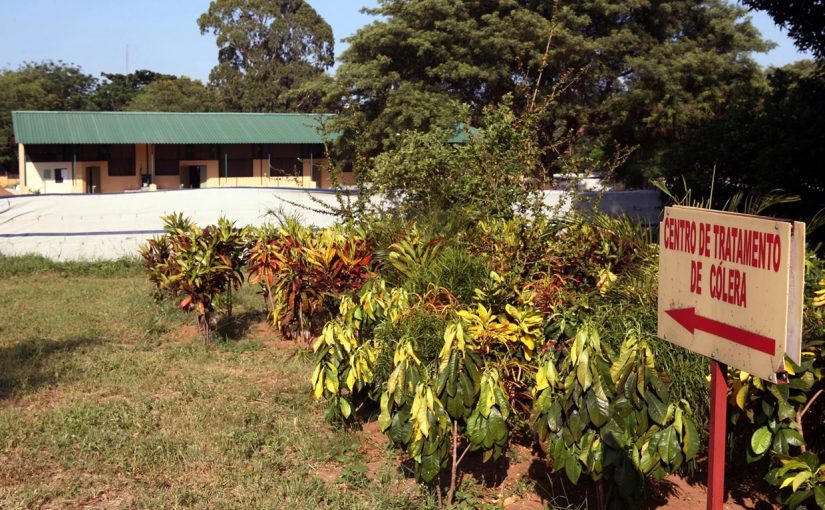U.S. Embassy in Mozambique honours winners of 2025 Alumni Awards for Community Impact
Mozambique: New cholera outbreak in north with almost 500 cases, three deaths

FILE - For illustration purposes only. [File photo: Lusa]
Mozambique has recorded nearly 500 cases of cholera, with three deaths, in the new cholera outbreak in the north of the country in two and a half months, according to data from the ministry of health.
According to the latest daily bulletin on the disease from the National Directorate of Public Health, with data from 3 September to 15 November, of the 491 cases of cholera – 40 more infected in the last week – 292 were recorded in Nampula province, with two deaths, and 199 in Tete, which caused one death.
Since September, 284 cholera patients have had to be admitted to health facilities, where three patients currently remain.
In the previous outbreak, according to data from the National Directorate of Public Health from 17 October 2024 to 20 July this year, there were 4,420 infected, of which 3,590 were in Nampula province, and a total of at least 64 deaths due to the disease.
The World Health Organisation (WHO) will donate 3.5 million doses of cholera vaccine to Mozambique, Mozambican president Daniel Chapo announced on 22 October after a visit to Switzerland.
After a three-day visit to Geneva, where he also met with WHO Director-General Tedros Adhanom, the head of state said the donation will be used to begin implementation of the Cholera Elimination Plan (PEC), approved in September by the Cabinet and providing, as crucial pillars, preventive vaccination against cholera in high-risk areas.
“With this support from the WHO, we will soon begin actions in this direction. As is well known, cholera is still a public health problem in our country,” said Chapo.
The Government of Mozambique wants to eliminate cholera “as a public health problem” in the country by 2030, according to a plan approved on 16 September by the Cabinet and valued at 31 billion meticais (€418.5 million).
“The cholera elimination plan represents the Government’s commitment to eliminating the disease as a public health problem by integrating a multisectoral approach,” said the spokesperson for that body, Inocêncio Impissa, at the time.
Cholera remains endemic in several regions of Mozambique and around the world, causing recurrent outbreaks. The disease is multifactorial and its control and elimination requires action on the main determinants of the disease,” Impissa added.
The government’s goal is “to have a Mozambique free of cholera as a public health problem by 2030, where communities have access to safe water, sanitation and quality healthcare, achieved through multisectoral actions, coordinated and informed by scientific evidence,” the spokesperson added.
According to Impissa, the plan “will be financed by different sources, notably the state budget, bilateral and multilateral cooperation partners, public-private partnerships and philanthropic organisations.”












Leave a Reply
Be the First to Comment!
You must be logged in to post a comment.
You must be logged in to post a comment.